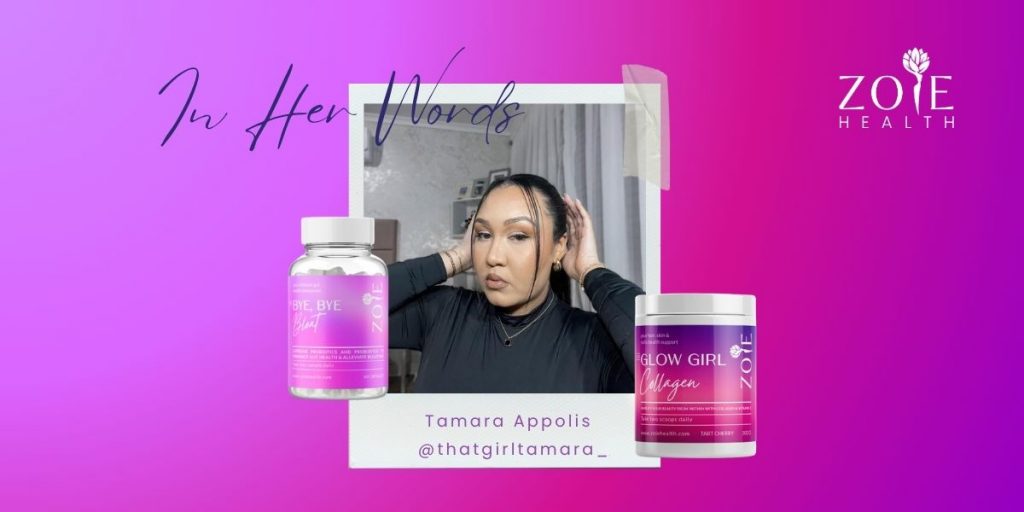If you’re worried about which contraceptive you should choose, fret not: there is a range of birth control options available to you. You can determine this with the help of a qualified professional, who considers factors such as your health, your circumstances as well as your preferences. Below is a list of the different contraceptive methods available for your consideration that you can explore with your doctor.
Which Contraceptive Method Is Best?
Condoms
If you are not interested in ingesting or inserting hormones into your body then you can use condoms for every time you engage in sexual activity. This also aids in preventing the transfer of STI and HIV between sexual partners.
The Pill
On the other hand, If you don’t mind taking daily medication then the pill is the perfect option for you. The Combined Oral Contraceptive pill contains artificial versions of female hormones oestrogen and progesterone which are produced in the ovaries.
This pill works by preventing the occurrence of ovulation. It needs to be taken around the same time everyday otherwise you risk the chance of getting pregnant. Should you forget to take it, it is advised that you offset the risk by using a condom. Some medicines make the pill less effective therefore you should always seek the guidance of a medical professional before you begin to use new medication.
The effectiveness of the pill is also reduced by vomiting and diarrhoea. Side effects include mood swings, nausea, breast tenderness and headaches. The pill can also help with PMS symptoms and endometriosis. If you cannot take oestrogen you can opt to take a progestogen-only pill.
The Patch
The contraceptive Patch is a small sticky patch that releases hormones into your body through your skin to prevent pregnancy. You have to change it every week for 3 weeks and reserve one week free. It is still effective even if you vomit, are sick or have diarrhoea. It also protects against ovarian, womb and bowel cancer. It, however, is not suitable for smokers over the age of 35.
The Vaginal Ring
The Vaginal ring is a small soft plastic ring that you place inside your vagina every month. You can have sex while the ring is in place. It may come out on its own but it can be rinsed with warm water and inserted back into the vagina. There have been cases of blood clotting due to this form of contraception but they are rare.
The Contraceptive Injection
Contraceptive injection or Depo-Provera is an injection that releases hormone progestogen into the bloodstream to prevent pregnancy. It is good for women who are unable to take oestrogen. This type of contraception is not affected by other medications. It may make periods irregular, heavier or lighter. It may also cause weight gain in some women. It may take a year for fertility to normalise after injection wears off.
The Contraceptive Implant
Nexplanon is a small flexible plastic rod that is placed on the skin of your upper arm by a doctor or nurse. It releases progestogen into your bloodstream to prevent pregnancy. You may feel bruising and tenderness initially. Should you decide to have children, your natural fertility resumes quickly. Some medicines may make the implant less effective.
The IUD
This is a small T-shaped plastic or copper device that’s inserted into your uterus by a trained medical professional. It can be put in anytime during your menstrual cycle. Should you decide to have children, it’s possible to get pregnant straight after extraction.
Your periods may be heavier, longer and more painful in the first 3-6 months after insertion. Spotting between periods is also a normal occurrence in IUD users. There is a risk of possible infection after insertion, if you suspect this much you should see a doctor immediately. It can be uncomfortable to insert however you should not be able to feel it after insertion. It is not suitable if you’ve had previous pelvic infections.
So as you can see, there are plenty of options for you to take control of your reproductive health. If you’d like to explore your options further with a qualified medical professional, you can do so on Zoie!











4 Responses
I’ve been taking diane 35 and I’ve gained so much weight!! A month ago I changed to ginette 35..
Hi! I was recently on Yaz plus. Since last year July. I want to skip my upcoming period scheduled for 27th November. How do I do that?
Join the contraceptive circle on our Zoie Health mobile app or website community.zoiehealth.com and ask the qualified health care professional for advice on this.
Best💜!